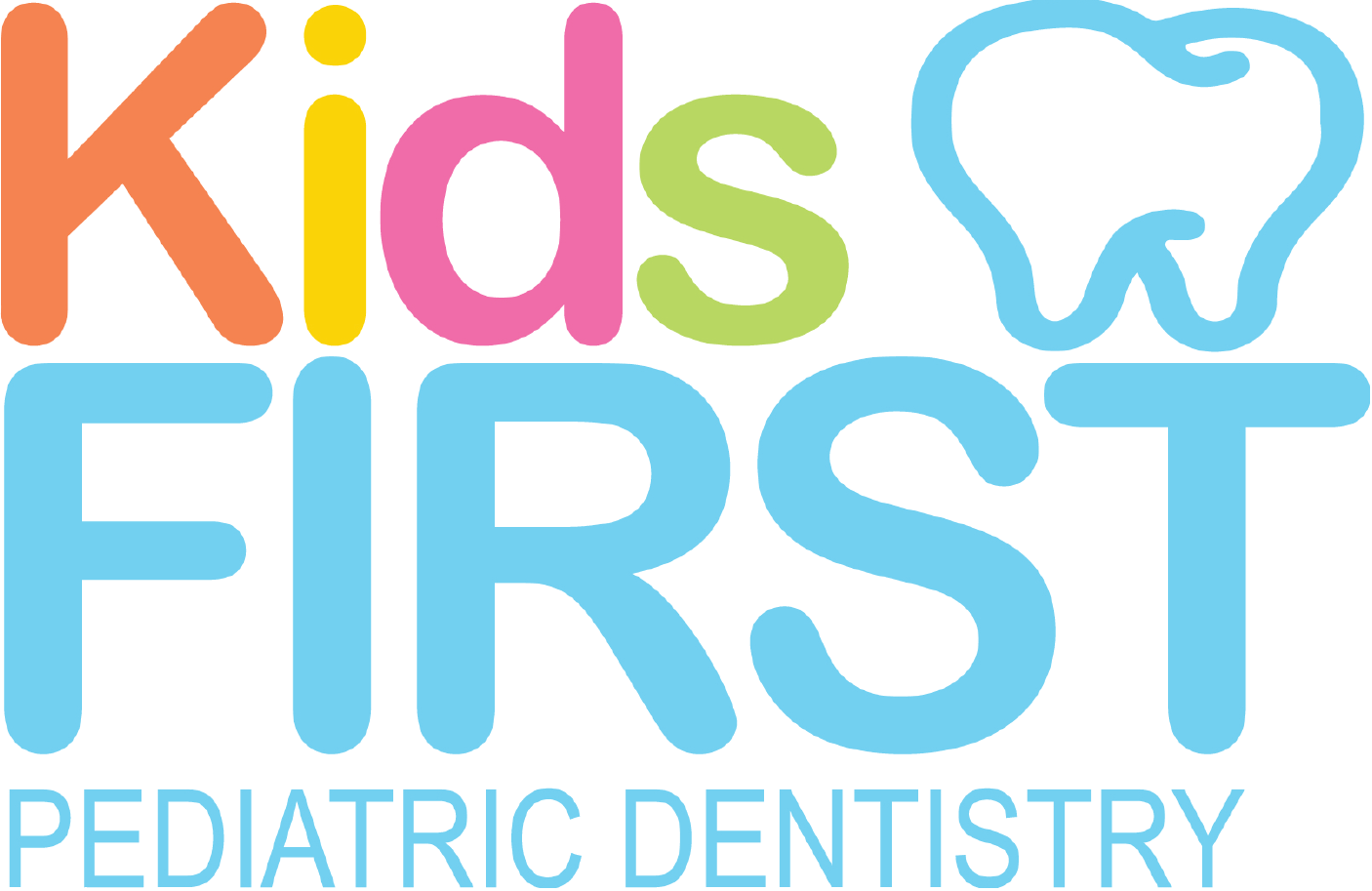Your baby’s teeth coming in is a sweet milestone that marks the growth of their smile. Even though these baby teeth (primary teeth) are tiny, they’re vital to your child’s developing oral structure. Baby teeth hold those spots for their permanent adult teeth to come in years later, pushing out their baby teeth for the tooth fairy to whisk away!
If your child’s teeth don’t come in, they will struggle to chew, smile, and talk properly. As you care for your child’s smile right from the start, your baby will get comfortable with this daily oral hygiene routine, setting the stage for a healthy smile throughout their lifetime.
Oral Hygiene Starts Early
Even before their first tooth comes in, you want to clean your infant’s gums. Using a soft, damp washcloth or section of gauze, clean their gums after feedings (breast or bottle), as well as before putting them down for the night. This removes bacterial plaque that damages their baby teeth when they do come in.
Once your little one’s first baby tooth arrives, you can start using a baby toothbrush or keep using a cloth until your baby is a bit older. Their toothbrush should have a small head with soft bristles. In the early stage, begin by using a moistened toothbrush and soften the bristles by soaking it in warm water for a couple of minutes. Once the teeth are showing, you can use a rice grain-sized bit of toothpaste to protect tooth enamel.
It is recommended to bring your child to their first dental visit by their first birthday or 6 months after their first tooth makes its debut. Our pediatric dental team is happy to share proper tooth-caring tips, what to do when they are teething (or thumb-sucking), the best diet for healthy teeth, and talk about fluoride and dental sealants to protect their tiny chompers later.
Preventing Baby Bottle Tooth Decay
To protect your baby’s teeth when they start coming in, stick to baby formula, breast milk, water, and occasionally electrolyte liquids when your baby experiences diarrhea. Never give them sodas or other sweetened liquids, and only offer 4 ounces of 100% fruit juice a day as a treat.
Once your child has one or more teeth, sweet drinks (or pacifiers dipped into sugar or syrup) will coat the teeth and form plaque. Known as baby bottle tooth decay, this often affects their upper front teeth. This decay damages exposed teeth, and if the decay is left untreated, those teeth can become infected and painful. Baby teeth afflicted with severe decay may need to be extracted. Remember, your baby’s primary teeth must remain in their place until their permanent teeth erupt and push them out. Without these “placeholder” teeth, your baby can suffer from poor nutrition, speech issues, or crooked and damaged permanent teeth.
When you settle your baby down for a nap during the day or at night, putting them to bed with a sweet drink feeds the harmful oral bacteria, secreting acids that attack tooth enamel. If you do this at night, their mouth is even more vulnerable as normal saliva flow diminishes while they sleep. A better choice is to put your baby down with plain water in their bottle or sippy cup. It allows them to fill their belly and soothe themselves without tooth-damaging sweeteners.
Call To Schedule Baby’s First Visit
If you’re noticing that your baby is fussy and drooling more than usual, this is a sign that their first tooth may be coming in. We welcome you to give our team a call with your concerns or to schedule their first visit. Setting the foundation for a healthy smile now means a healthy smile later!
